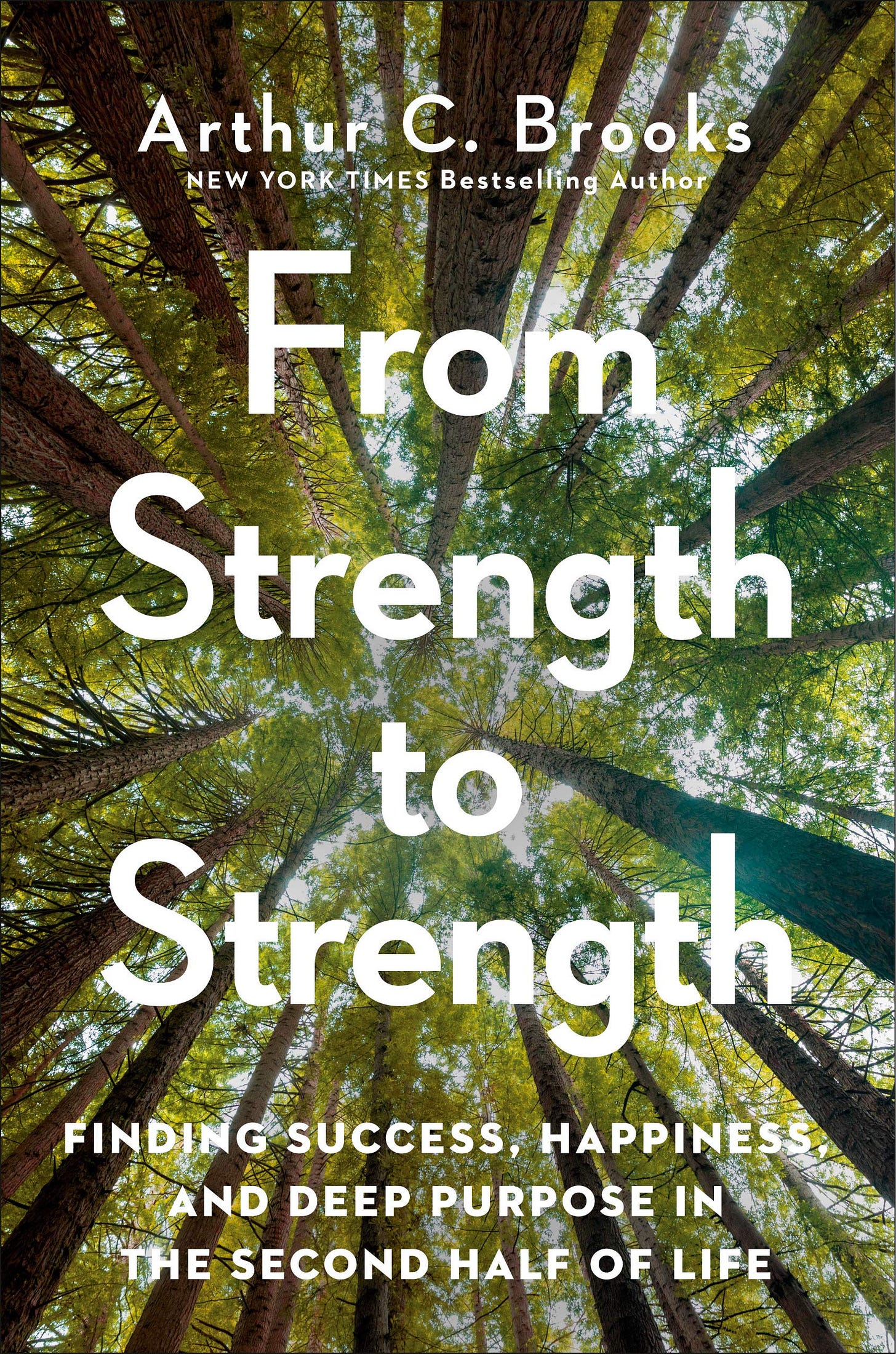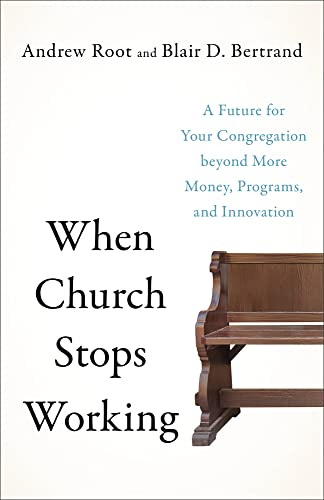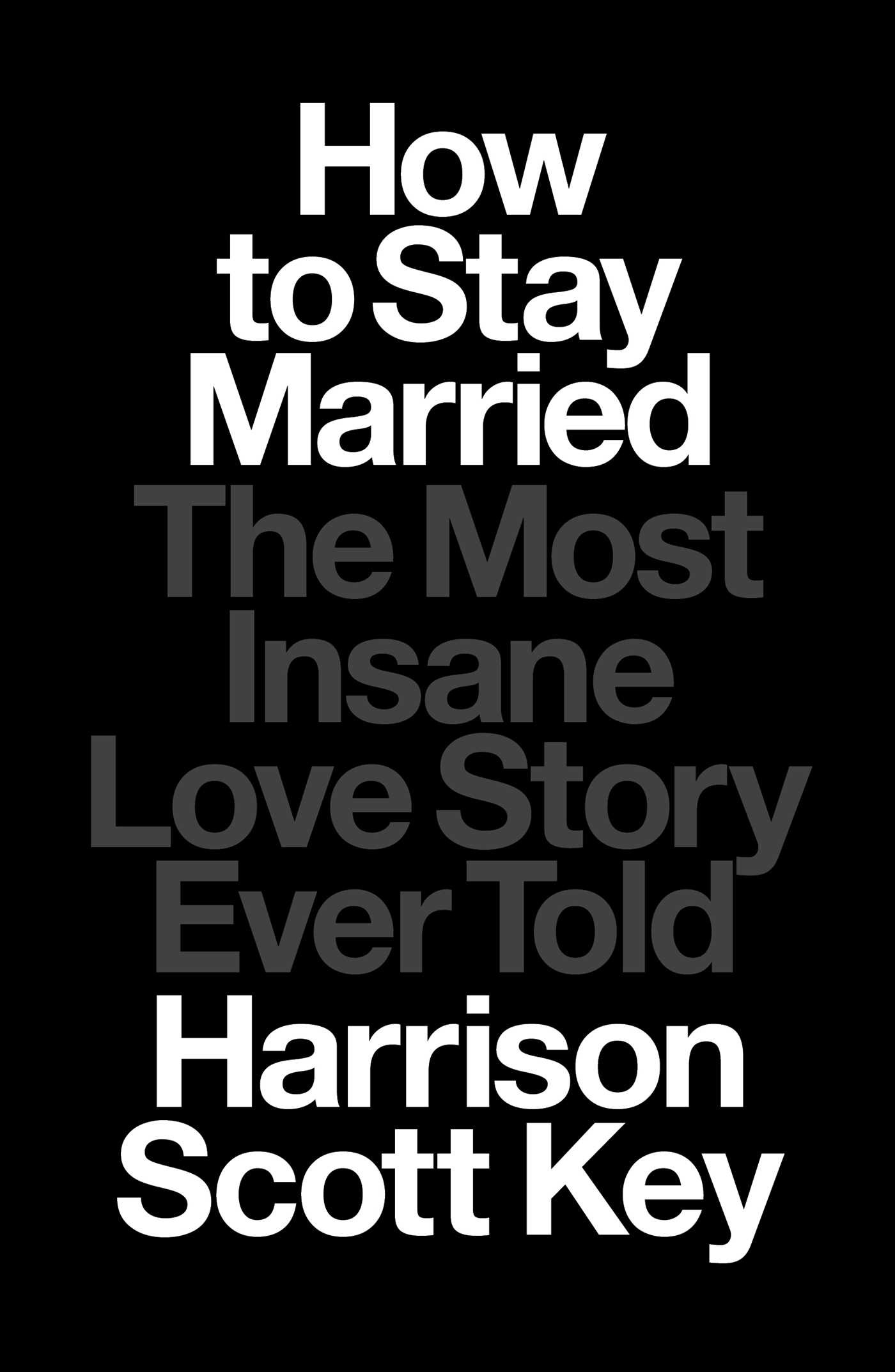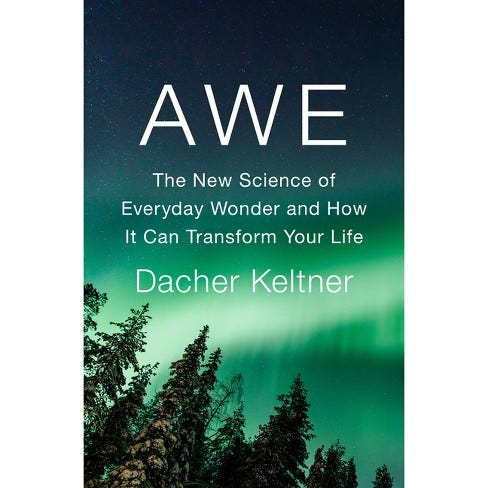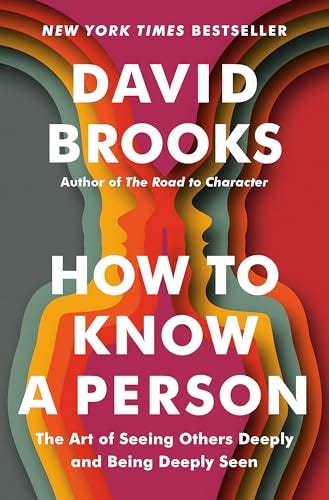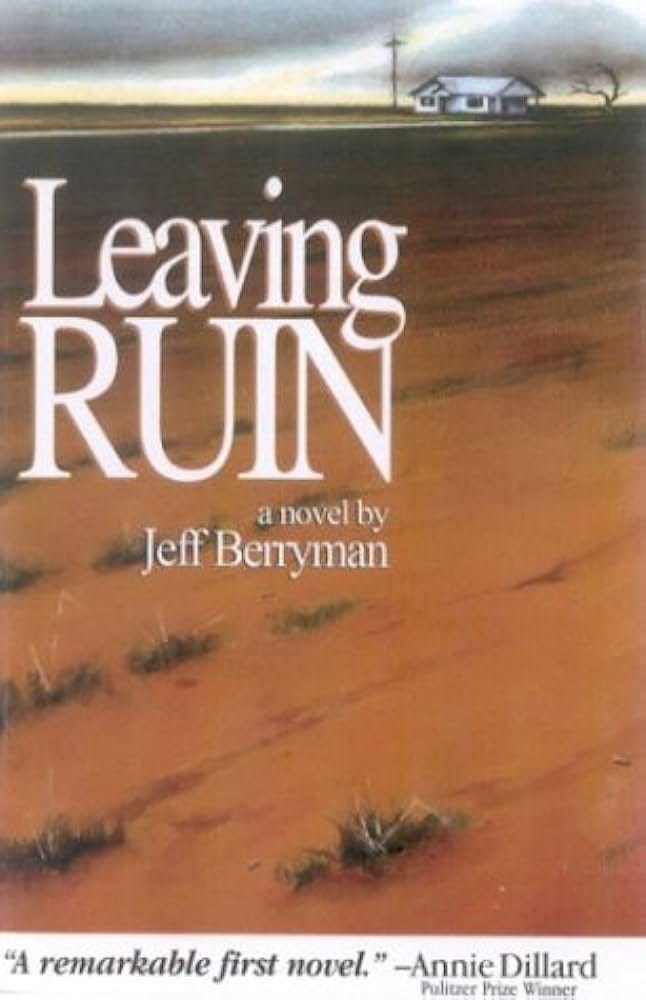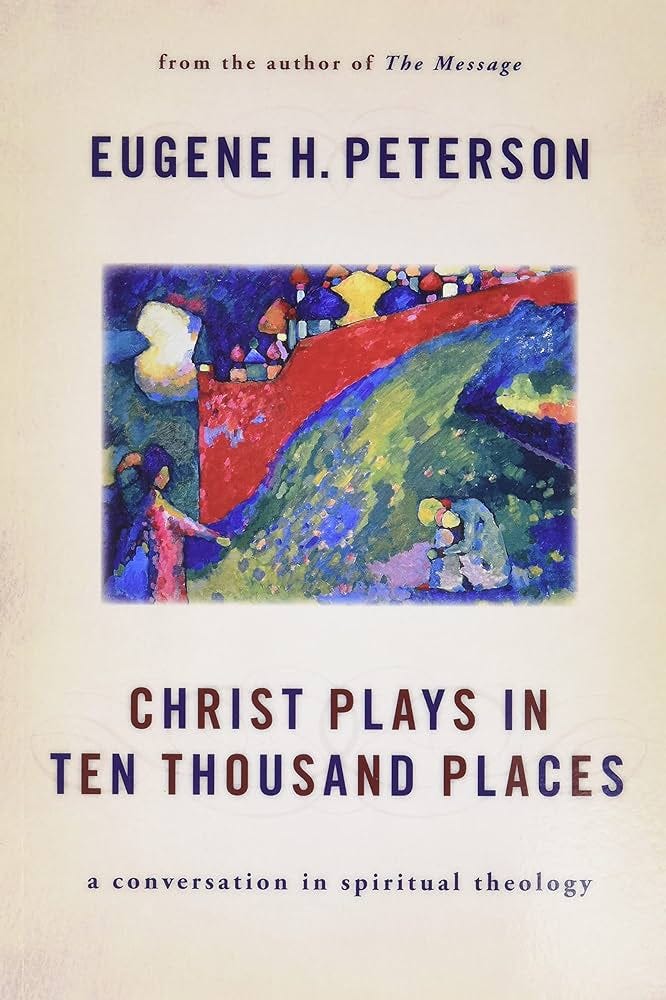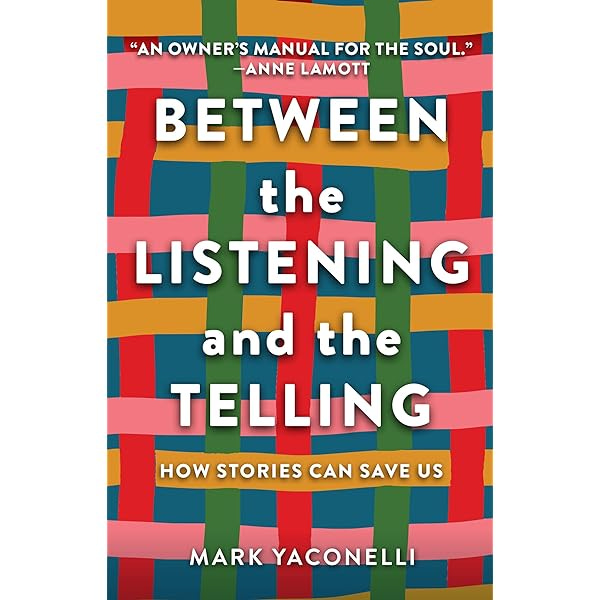My Top Eight Books from 2023
Compared to recent years, I’ve struggled a bit. This year, I started a lot of books I didn’t finish (more than usual!). I haven’t been as eager to open a book as in year’s past. I still read. I still enjoy reading. I guess I’ve found myself either (a) more picky with books that keep my interest; (b) more tired than normal; (c) more busy than normal; (d) I only enjoy certain sections of books; (e) I had to start wearing readers this year and hate admitting I need help; or (f) a bit of each. I’m not exactly sure. Nevertheless, I did finish several books and have included my favorites below. For various reasons, the author of these books kept my attention and left me eager to want to pick up where I left off. In no particular order, here are my favorites from 2023:
From Strength to Strength: Finding Success, Happiness, and Deep Purpose in the Second Half of Life by Arthur C. Brooks
It pains me to admit it, but I am in the middle of being middle-aged. I currently have a child in college. In three years, more than likely, I will have three in college. I’m much closer to being a grandparent than I am to being a beloved grandchild spoiled rotten by my own grandparents. Thus, I have to begin to think about the second half of life. This work by Arthur Brooks was fantastic and incredibly hopeful. Here’s why he wrote the book:
“What I found was a hidden source of anguish that wasn’t just widespread but nearly universal among people who have done well in their careers. I came to call this the ‘striver’s curse’: people who strive to be excellent at what they do often wind up finding their inevitable decline terrifying, their successes increasingly unsatisfying, and their relationships lacking. The good news is that I also discovered what I was looking for: a way to escape the curse.”
In my opinion, Brooks does a masterful job helping people my age think through their current life stage and wisely process and imagine the future.
When Church Stops Working: A Future for Your Congregation beyond More Money, Programs, and Innovation by Andrew Root and Blair D. Bertrand
Though the staff team at West Franklin would probably disagree, I thought this book was surprisingly and refreshingly helpful for those called to lead a church. (We read this book as a staff and had - how shall I say it - a few who didn’t care certain sections/chapters.) What I love and appreciate about this book is Root’s and Bertrand’s plea for churches and leaders to (a) be still long enough to pay attention to what the Holy Spirit is doing in and around your church; and (b) pay attention to the history and stories of God working in and among the people of the church.
Here’s a snapshot:
“We agree with those who say that there is a problem in the church today. We just don’t agree with them that the problem is too little influence, too few people, too fragile belief. Much of the North American church is facing a crisis. Our read of the situation is that the lack of influence, people, and belief is a symptom, not a problem. When we pull back and look at some larger issues going on in the world, we see a different diagnosis of the problem, and therefore we prescribe a different cure. Effective innovation has not stopped the crisis in the church because the crisis comes from the very place that effective innovation comes from: the secular age. Instead of helping the church, effective innovation actually worsens the crisis by driving us deeper into the secular age we find ourselves in.”
How to Stay Married: The Most Insane Love Story Ever Told by Harrison Scott Key
Without a doubt, my favorite read from the year. Harrison Scott Key is hilarious. His writing keeps you turning pages as you find yourself doubled-over laughing (out loud). This work is the most honest depiction of a marriage I have ever heard or read. It’s a story full of heartache, pain, raw honesty, and grace. I am seriously considering making it required reading for any couple who asks me officiate their wedding. It’s that good. I don’t want any spoilers here, so I will leave it with you and encourage you to get a copy.
Awe: The New Science of Everyday Wonder and How It Can Transform Your Life by Dacher Keltner
I personally believe we were made for Awe (read: Worship). Our Creator, from the first glimpse we get of Him in the Bible, has been busy making moments to cause our jaws to drop in amazement. I knew it in my gut. I read it in my Bible. But like most things, science has finally (!) caught up with what the Bible has already revealed to be true. Keltner is a professor of psychology, an expert in the science of of human emotion, and studies both how we express emotion and how emotions guide our moral identities and search for meaning. He tackled the awe-inspiring task of studying a nearly un-study-able emotion of Awe. I am glad he did.
After years (decades) of research, he defines Awe as “the feeling of being in the presence of something vast that transcends your current understanding of the world.” Us Christians might call that worship.
He divides the areas of life that cause Awe in people into 8 categories: moral beauty, collective effervescence., nature, music, visual design, spiritual/religious, stories of life and death, and epiphanies. This book will not disappoint, especially if you are wanting to constantly look to be led toward Awe.
How to Know a Person: The Art of Seeing Others Deeply and Being Deeply Seen by David Brooks
This book is a close second to Harrison Scott Key’s How to Stay Married. I cannot think of a more important book (outside of the Bible) that is needed for this current hour. With humanity deeply enslaved to our devices, knowing others - a critical need for any and all people - is quickly becoming a lost art. And it’s killing us. Brooks recognizes this trajectory and writes to help all of us really see one another.
Here’s a taste of what Brooks is after:
“The real act of, say, building a friendship or creating a community involves performing a series of small, concrete social actions well: disagreeing without poisoning the relationship; revealing vulnerability at the appropriate pace; being a good listener; knowing how to end a conversation gracefully; knowing how to ask for and offer forgiveness; knowing how to let someone down without breaking their heart; knowing how to sit with someone who is suffering; knowing how to host a gathering where everyone feels embraced; knowing how to see things from another’s point of view. These are some of the most important skills a human being can possess, and yet we don’t teach them in school. Some days it seems like we have intentionally built a society that gives people little guidance on how to perform the most important activities of life.”
Trust me - you need this book. I recommend you run, not walk, to devour and process this work by yourself and with a group of friends.
Leaving Ruin by Jeff Berryman
This was a reread for me. My beach read for 2023. I got through it faster than normal because - though not tested - I am pretty sure I had COVID-19 while trying to enjoy some familial fun in the sun. I spent a lot time inside reading. Leaving Ruin is a fictional novel about a pastor who finds himself leaving a church where the people don’t like him all that much anymore. It’s a story told from the pastor’s perspective. It’s sad, but also full and warm. It gives a snapshot into a pastor’s heart for a congregation and what drives him day after day, week after week, month after month, and year after year. I am unsure why I picked it up again, but I am really glad I did.
Christ Plays in Ten Thousand Places: A Conversation in Spiritual Theology by Eugene H. Peterson
I’m not real sure how to describe this spellbinding work by the late Eugene Peterson. It’s not an easy read. It’s not a quick read. It takes him well over 300 pages to dissect three chapters - Christ playing in creation, history, and community. But, my oh my. If you allow yourself the discipline of slowly diving into the deep end, you will find yourself thrilled with the treasures that are there for the taking. The way Peterson reads, studies, and explains the Bible has long been both a glorious shock and healing balm for my soul. This work is no exception.
To whet your appetite:
“You would think that believing that Jesus is God among us would be the hardest thing. It is not. It turns out that the hardest thing is to believe that God’s work - this dazzling creation, this astonishing salvation, this cascade of blessings - is all being worked out in and under the conditions of our humanity: at picnics and around dinner tables, in conversations and while walking along roads, in puzzled questions and homely stories, with blind beggars and suppurating lepers, at weddings and funerals. Everything that Jesus does and says takes place within the limits and conditions of our humanity. No fireworks. No special effects. Yes, there are miracles, plenty of them. But because for the most part they are so much a part of the fabric of everyday life, very few notice. The miraculousness of miracle is obscured by the familiarity of the setting, the ordinariness of the people involved.
This is the way Jesus is God among us. And this is what is still so hard to believe. It is hard to believe that this marvelous work of salvation is presently taking place in our neighborhoods, in our families, in our governments, in our schools and businesses, in our hospitals, on the roads we drive and the corridors we walk, among people whose names we know. The ordinariness of Jesus was a huge roadblock to belief in his identity and work in the “days of his flesh.” It is still a roadblock.”
Thank you, Eugene. I pray what you saw and wrote about begins to detonate throughout our churches and land.
Between the Listening and the Telling: How Stories Can Save Us by Mark Yaconelli
As the title suggest, this book is about the importance of stories. Much like David Brooks’ How to Know a Person, Yaconelli writes to help us connect with one another through the telling of stories. It is an easy and fun read that makes a deep impact without making you feel like you have “thought deeply.” In other words, you can read it without making your brain hurt and still be strongly affected by it.
Here’s how Anne Lamott summarizes it in the preface:
“I cannot imagine there will ever be a more critical need for a book such as this than now. It is an exploration of storytelling as a path to the strength and vulnerability and connection we will so desperately need to survive and come through these times. It is a profound reflection on storytelling as the path to community identity and renewal, for towns and cities and families who have experienced devastation. It is an account of his work teaching people how to make this transformative process available to others. It is an owner’s manual for the soul. It is like no other book I’ve ever read."
As we struggle with the realities of injustice and inequality, the consequences of the pandemic, and the greatest environmental catastrophe of history, Mark Yaconelli offers personal experiences, practical guidance, and stories of resurrection. In this time, like no other, we long for hope and connection. Yaconelli shows us the psychological, spiritual, and logistical underpinnings of his work as an organizer of community storytelling events. Towns and cities frequently summon him following disaster or humiliation, both long term and immediate. By asking the right questions and listening to the answers, he helps people feel their humanity and worth again when these have been stripped away. He helps people cry and spew and laugh together. (And the laughter is so subversive!) These things heal us.”
These are several of my favorites from the year. What about you? What have you enjoyed reading in 2023? Any recommendations for me in 2024?



